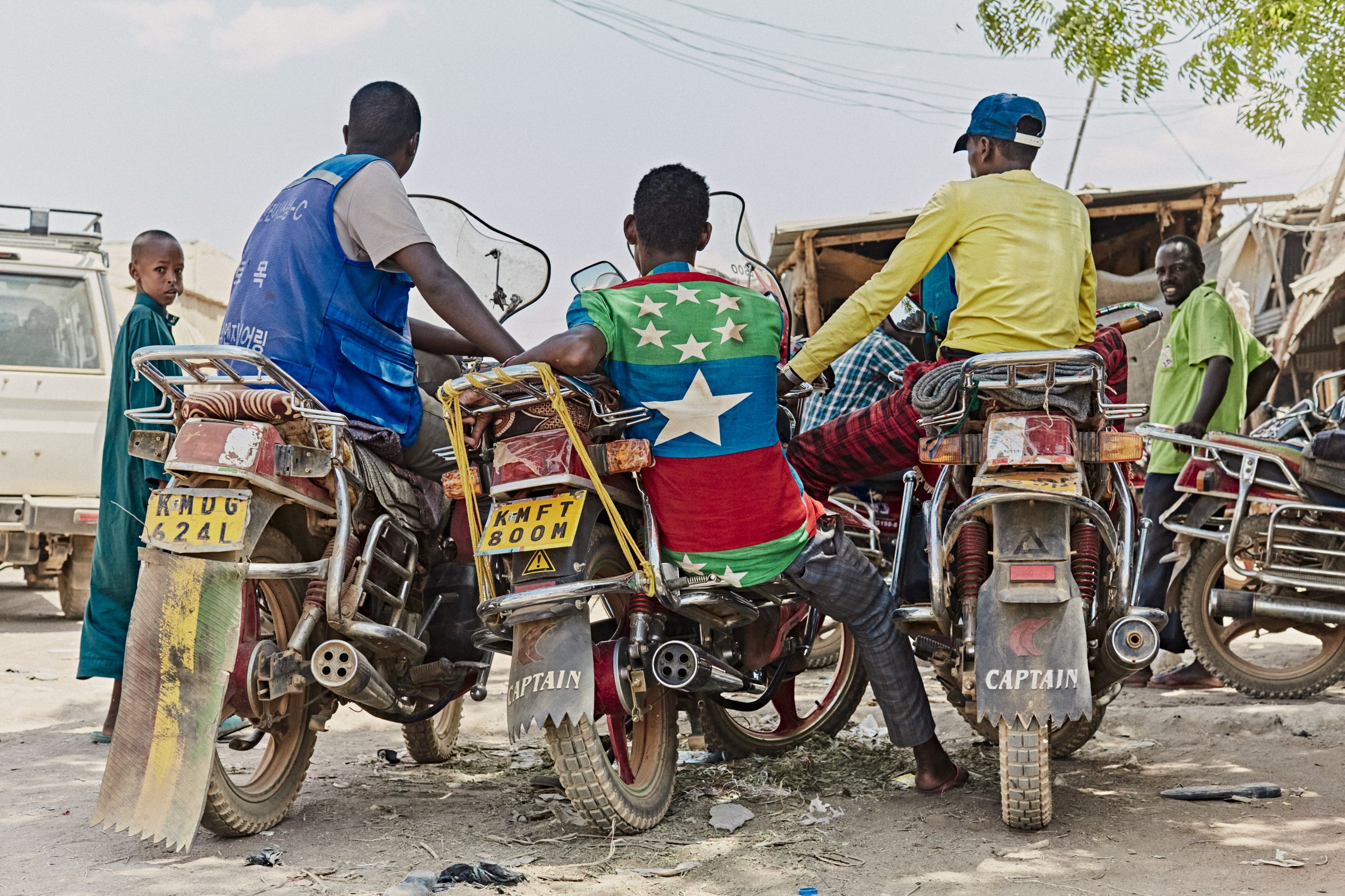December 2024
Migration governance requires an increased focus on the urban at a time when “cities represent the future of global living”. 70% of the +100 million displaced people worldwide live in urban environments.
Among the three levels of migration governance - the global, the national, and the local - local actors and knowledge are thus increasingly gaining importance, in light of the withdrawal of national actors from addressing migration governance challenges, which underscores prevalent national protectionist patterns and translates to a neglect of migration issues and mandates by governments. The Global Compacts for Refugees and for Safe, Orderly and Regular Migration, adopted in 2018, underline the centrality of the local level while encouraging whole-of-society approaches involving a range of local stakeholders in addressing mobility issues - which requires a better inclusion and participation of migrants, combined with access to basic services and urban development initiatives, to improve social cohesion.
This position paper, based on 14 years of experience conducting research on migration in urban areas in 75+ countries, on a review of academic and grey literature, and on interviews with global experts, contributes to this goal. It explores how the three approaches proposed above can help respond to the challenges of urban migration, and presents examples of their application through case studies from our research before outlining our agenda for urban migration research that supports local actors.
Read full paper here.
Read More


















